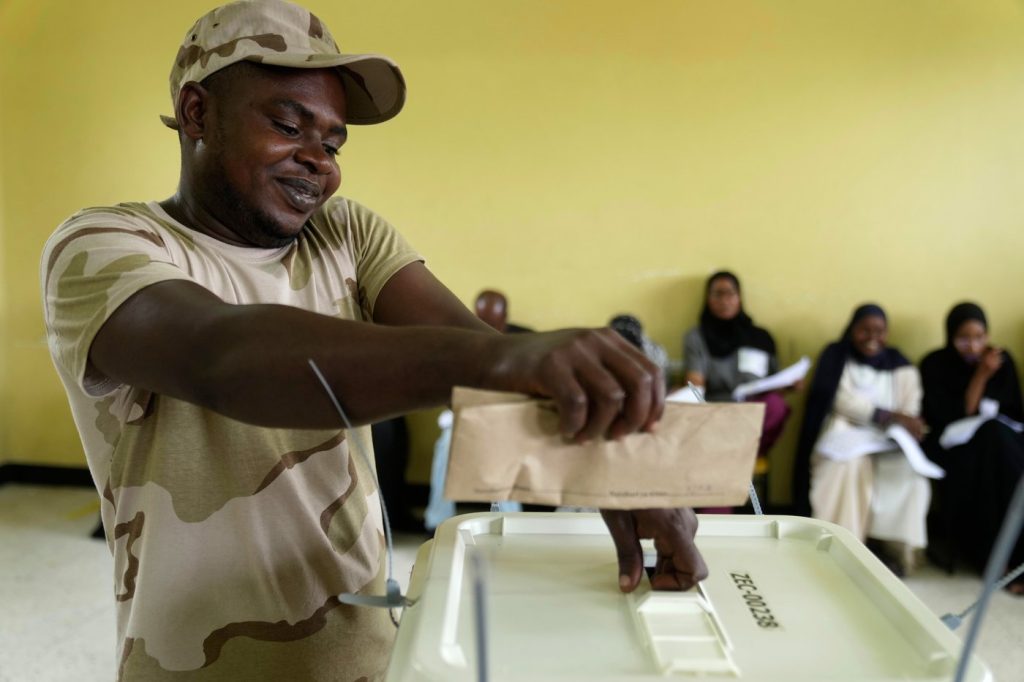NAIROBI, Kenya (AP) — Polling stations across Tanzania opened on Wednesday for a highly scrutinized election, amid significant concerns raised by human rights organizations and the ongoing detention of opposition members. With the ruling Chama Cha Mapinduzi party at the helm since independence in 1961, President Samia Suluhu Hassan is vying for a second term in office.
The voting process commenced at 7:00 a.m. local time, with an official close scheduled for 4:00 p.m. Associated Press journalists reported that queues had formed at three polling stations. Once voting concludes, the process of tallying the votes will begin, with preliminary results anticipated within 24 hours; however, the electoral commission has a full seven days to announce the final outcome.
In a concerning development, Tundu Lissu, the leader of the main opposition party CHADEMA, is currently imprisoned and facing treason charges after advocating for electoral reforms. Moreover, a candidate from the second-largest opposition party was barred from contesting the election altogether. This situation has drawn criticism from various human rights organizations.
Amnesty International highlighted an atmosphere of fear surrounding the electoral process, reporting verified instances of enforced disappearances, arbitrary arrests, and extrajudicial killings in the lead-up to the elections. Such alleged abuses by security forces have raised questions regarding the legitimacy of the electoral process.
President Hassan is aiming to secure her first full term after completing the remaining term of her predecessor, John Pombe Magufuli, who passed away unexpectedly in 2021. In addition to Hassan, sixteen opposition candidates from smaller parties are also on the ballot, but analysts suggest that increased voter registration, with over 37 million registered voters representing a 26% rise since 2020, may not translate to higher voter turnout. This is attributed to prevailing apathy among the electorate, stemming from the perception that Hassan will likely win without significant challenge.
CHADEMA has publicly called for protests on election day, reflecting the heightened tension surrounding the electoral proceedings. As the situation unfolds, the extent of public participation, as well as the response from security forces, will be critical in determining how the election is perceived both domestically and internationally.











